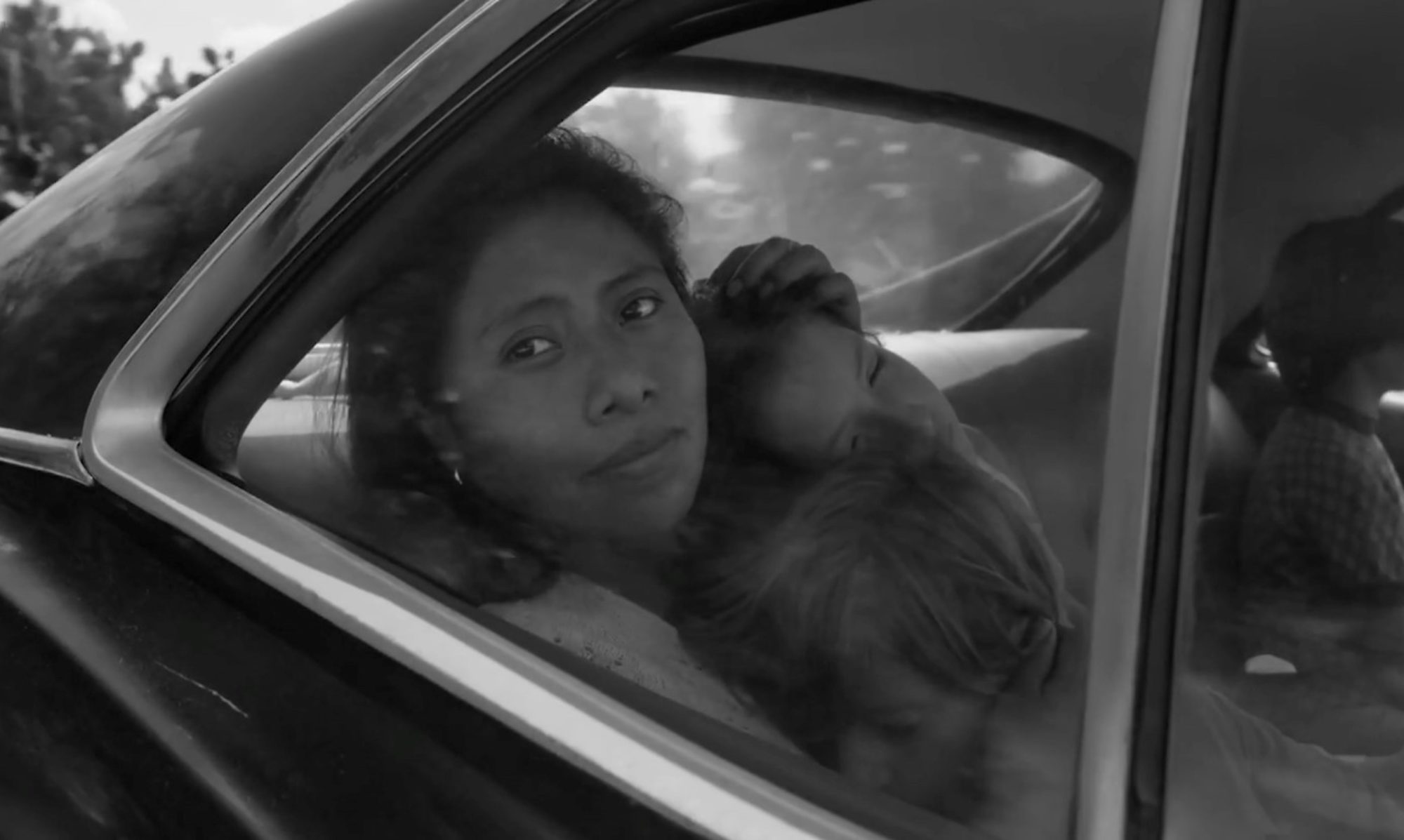Za Rodinu! (For the Motherland!)
by Rachel Suleymanov
Prior to Putin’s election, Russian national identity was both in turmoil and in question. The fall of the Soviet Bloc proved a nearly fatal blow to the nation’s internal structure and patriotic views. Boris Yeltsen, the first leader of the Russian Federation, had a reputation damaged by economic crises and left office as an incredibly unfavorable leader. His presidency made Putin’s all the more exciting. Putin fulfilled his promises and strengthened the nation’s economy. To this day, Putin is quite a feted leader. He is so widely admired that some Russians cannot even see a future where he is not president. However, many younger Russians feel dispassionate about politics and voting as they believe their vote won’t matter: Putin will always be president anyway. Currently, Putin is becoming increasingly unpopular due to his tax reforms. The Russian people have also become keen on the corruption occurring within their government.
In May of 2018, Putin was inaugurated for a 6 year term, which means that he’s either been acting president, president, or vice president of the Russian Federation since 1999. With this in mind, it’s important to note that Leviathan comes at a critical time. Leviathan, directed by Andrey Zvyaginstev, is inspired by the Book of Job and is very critical of Russians and their government. Upon its initial release, Leviathan was highly criticized for its negative representation of the Russian people. This is especially ironic considering the fact that it was produced on government funds coming from the Ministry of Culture and Cinema Fund. This would explain its negative reception, especially from government officials such as Vladimir Zhirniovsky, who opens the video essay by criticizing the material in the film. The main characters are morally bankrupt, heavy drinking, disrespectful, corrupt cheaters. The film follows a rural family who live in a bleak nature tortured by the cold. Nikolai, the main character, is married to Lilya, but he has a son, Roma, from his first marriage. Roma and Lilya don’t get along while Nikolai is trying to protect his home from a corrupt government official, Vadim, who’s trying to buy Nikolai’s land and tear his house down. To top it off, Lilya is cheating on Nikolai with his best friend and lawyer, Dmitri.
To highlight the film’s negative attitude towards its own country, I’ve compared it to a more positive film called White Sun of the Desert (1969) directed by Vladimir Motyl. This film has received many accolades including a state prize awarded by Boris Yeltsin during his presidency. This particular prize recognized the film as incredibly culturally significant. Indeed, the film has engraved itself into Russian culture.
Crew members of Russian space missions watch the film before takeoff for good luck, several craters on Venus are assigned the names of certain characters in the film, a Russian computer game based off of the story was made, and multiple statues have been erected for some of the main officers from the film. White Sun of the Desert follows red army soldier Fyodor Sukhov as he wanders through the desert trying to get back home to his wife, Katerina Matveyevna. Throughout the film, he conjures her image to inspire him to continue his journey. He also writes letters to her in his mind saying that he will be home soon and that he is doing well. His efforts to return home are stalled, however, when he is asked to safely guide the women of a harem abandoned by their master, Abdullah. Abdullah also happens to be the leader of a Basmachi Guerilla group and is an incredible threat to everyone. Throughout the film, the women of the harem, who cover themselves if they are in the presence of men other than their shared husband, see officer Sukhov as their new husband. Despite their views, Sukhov urges them to take their covers off and consider marrying one man for each bride. His attitudes are representative of communist liberation which dictates that women are “free” under communism. This attitude fuels the general patriotism within the film: the communist revolution has freed everyone in the Soviet Empire, and now they want to expand such freedom.
Both the White Sun of the Desert and Leviathan depict their nations through obvious tones. The former highlights new freedoms of the communist revolution and makes the hero of the film a Red Army Soldier. The latter criticizes the Russian people and uncovers the unlimited powers of wealthy, Russian oligarchs. White Sun of the Desert makes an enemy of Basmachi Guerilla members: muslims from Central Asia that began a movement conspiring against Russian imperialism. In other words, the older film makes an enemy of others, foreigners, non-Russians. Leviathan, however, makes an enemy of insiders, Russians themselves. Such attitudes are better seen when comparing moments like Sukhov describing the class warfare as “generally over” and Nikolai asking his friend if he has “portraits of more recent [Presidents]” to shoot at.
Leviathan could be marking a development in Russian identity. From Pussy Riot protests to Leviathan, it seems that notable Russians are growing fearless in their anti-corruption expression and are hoping to lead the nation in the same direction. And, with developments like Leviathan, we could be seeing the beginning of another political revolution.
